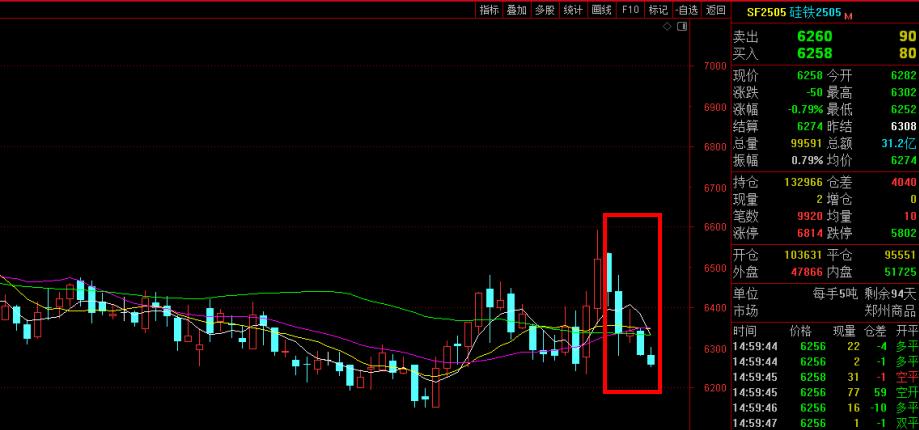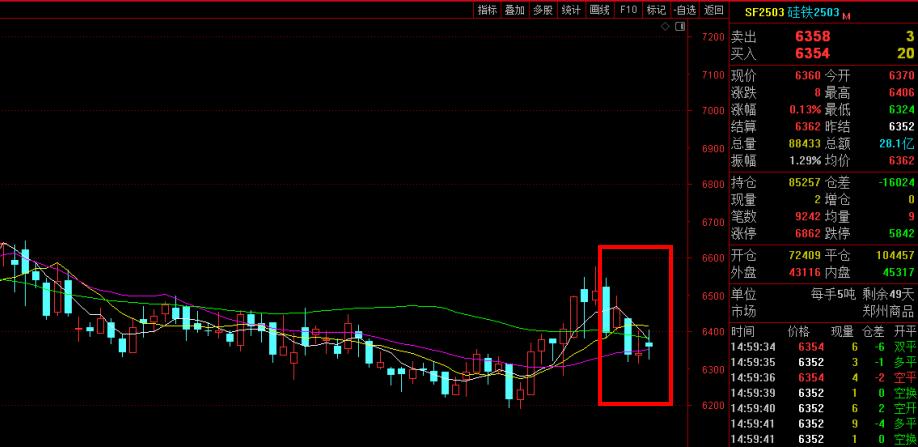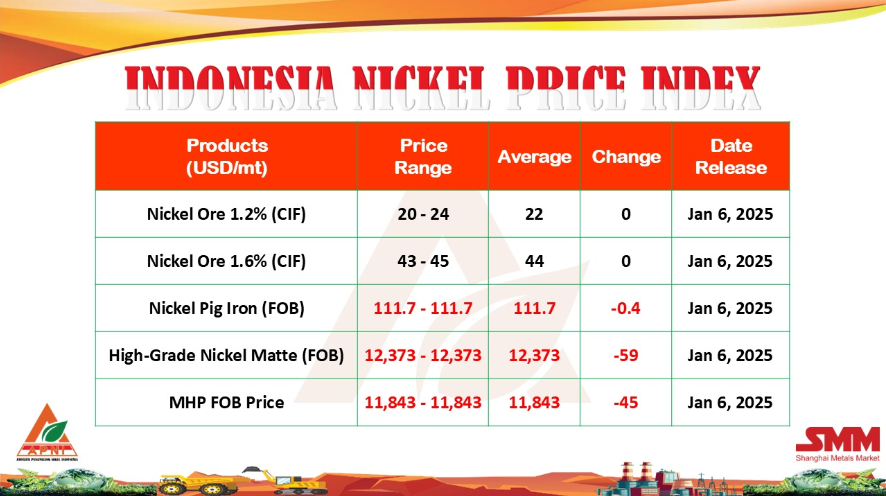[www.ferro-alloys.com] A number of US Anti-dumping (AD) proceedings are currently going on against Chinese exports, many involving chemical and steel products. Under US trade laws, the US Department of Commerce (DOC) performs annual reviews of the previous year's sales and cost data of Chinese exporters, who are subject to AD proceedings.
For administrative convenience, as a general rule the DOC subjects only the two largest exporters to a thorough examination to determine their individual AD margins. All other Chinese exporters who are found to be independent of Chinese government control (Separate Rate companies), are assigned a simple average of the AD duties of the two mandatory respondents. All those Chinese exporters that fail to rebut the presumption of government control (and so are presumed to be a sales arm of the Chinese government — the "PRC wide entity") are subject to a punitive level AD duty rate.
AD proceedings are quite complicated and the outcome of a case involving China is often unpredictable in view of the non-market methodology applied to China. On September 8, 2016, the US DOC published the final results of the eighth administrative review (2014-15) of Certain Activated Carbon from the People's Republic of China. In this review, the DOC selected two Chinese exporters for detailed examination — Datong Juqiang Activated Carbon Co, Ltd (DJAC) and Jacobi Carbons AB.
DJAC obtained a very favorable result ($0.02/kg), while Jacobi was hit with an AD duty of $1.756/kg. Fifteen companies that were found eligible for a separate rate were assigned AD duty rates of $1.357/kg. Finally, an AD duty rate of $2.42/kg was imposed on 181 PRC wide entity companies.
Notably, DJAC's success in this review follows its "zero" duty win in the previous year's review. DJAC was represented by a team of lawyers led by Francis J. Sailer of Grunfeld Desiderio Lebowitz Silverman & Klestadt LLP (GDLSK), the largest customs and international trade law firm in the US. One of the key factors behind DJAC's success was the outstanding surrogate value work by GDLSK lawyers.
In Chinese AD cases, the DOC determines the AD duties based on a non-market economy (NME) methodology where Chinese prices and costs are ignored in favor of "surrogate values" obtained from a third country market that is economically comparable to China (ie, a surrogate country).
These third country values for all material and non-material inputs are aggregated to determine the normal value of goods. The difference between this normal value and the price at which the product is sold to the US is the dumping margin, which when lower than the US price is to be offset by the imposition of an AD duty in that amount.
It is universally acknowledged that the final outcome in Chinese AD cases is primarily driven by surrogate value issues, which are often quite contentious. Over the last two AD review proceedings involving activated carbon, the DOC has selected Thailand as the surrogate country and attempted to value all inputs based on Thai surrogate values. However, there were several materials used in production as to which there was serious dispute regarding the best surrogate value data choice.
The GDLSK team worked tirelessly in Thailand and certain other countries to develop the best set of quality surrogate value data for all of the inputs on the one hand and the bases to reject those proposed by the US side on the other. Commerce ultimately accepted virtually all of the surrogate value data and arguments proposed by GDLSK and rejected several proposed by the US side, which resulted in DJAC's two successive AD review wins.
An ongoing debate continues to rage over whether China will be graduated from NME status on December 11, 2016, pursuant to Article 15 of China's WTO Accession Protocol. Nonetheless, there appear to be strong indications that the DOC will not abandon its NME methodology in Chinese AD proceedings in the foreseeable future. As a consequence, it is imperative that Chinese exporters implicated in AD proceedings focus a significant portion of their defense efforts on winning the "battle of the surrogates," and turn to experienced counsel to ensure success.
Dharmendra Choudhary is a Washington-based foreign trade counsel at the Grunfeld, Desiderio, Lebowitz, Silverman & Klestadt LLP.
**Article from The Supreme People’s Court of PRC
- [Editor:tianyawei]



 Save
Save Print
Print Daily News
Daily News Research
Research Magazine
Magazine Company Database
Company Database Customized Database
Customized Database Conferences
Conferences Advertisement
Advertisement Trade
Trade














 Online inquiry
Online inquiry Contact
Contact

Tell Us What You Think